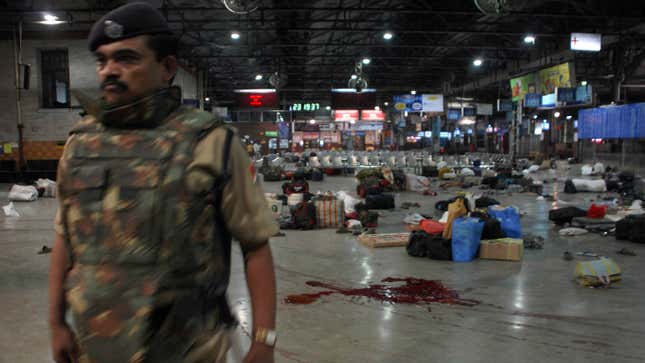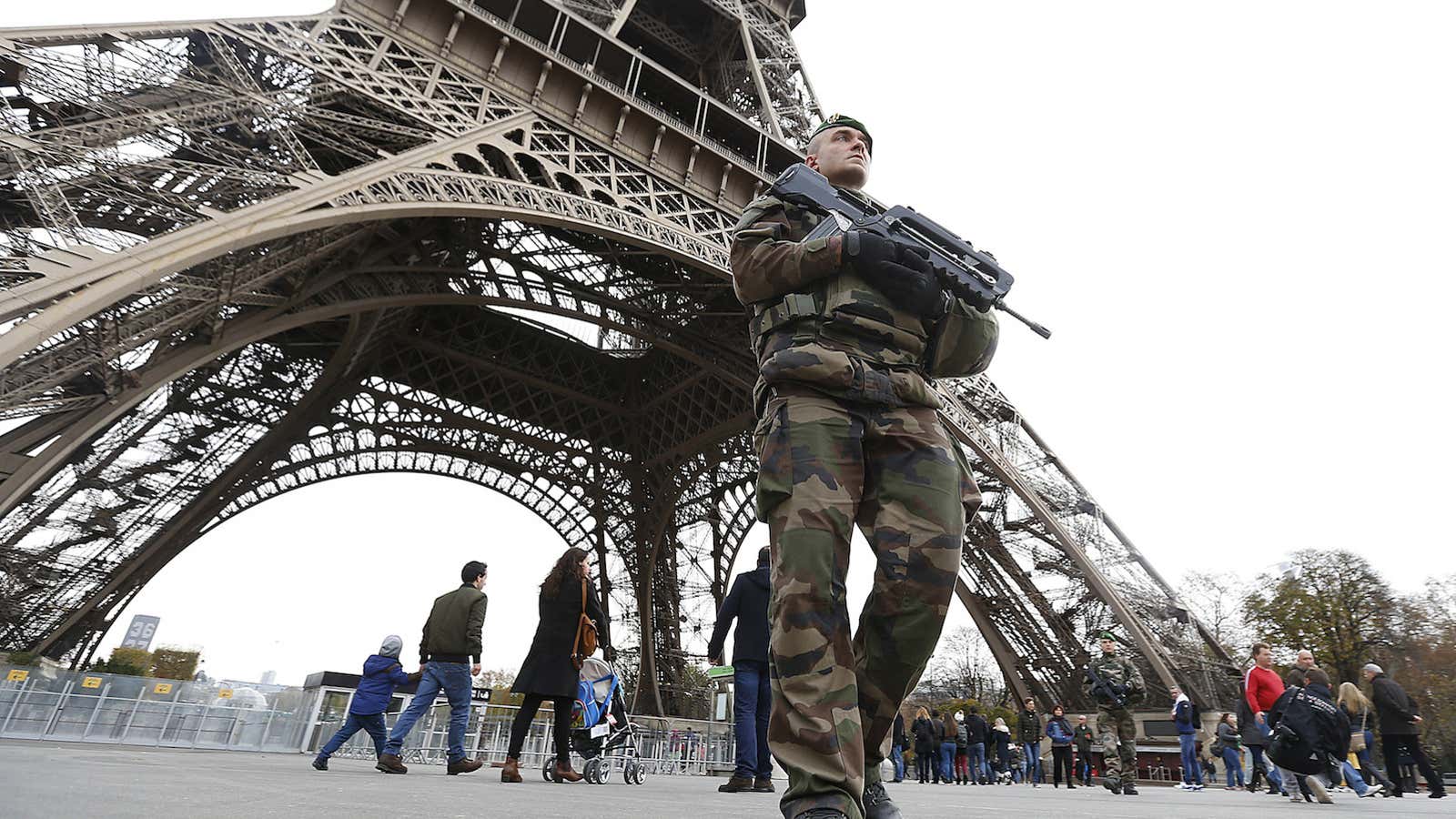Nearly three weeks ago, a senior Indian intelligence official was lamenting about the death of an initiative that could have vastly improved India’s counter-terrorism capabilities.
Worried at the lack of cooperation between security agencies, two key intelligence chiefs, the Intelligence Bureau’s Asif Ibrahim and the Research and Analysis Wing’s Alok Joshi got together in the summer of 2014 to put together a bold plan to address inter-agency issues. Their plan was simple in concept, but both appreciated the difficulty it would have in implementing it.
“The plan was to bring together those professionals who deal with counter-terrorism under one roof and then work together as a team,” the official told me. “The two chiefs had hoped that once they began to sit together, the flow of information would be much faster, and ensure that the counter measures were far more effective than what they are currently.”
A global network
But with most good ideas, the resistance to a new idea was so strong that even the two intelligence chiefs couldn’t push it through. Both of them retired and the proposal was buried in the voluminous files of North and South Block.
As the Paris attacks unfolded on Friday night, it was clear that terrorism today is a global alliance. Unfortunately, the response to global terrorism is far from being united. As India has shown, even getting two premier security agencies to cooperate is a challenge and political will to force radical change remains abysmally low. Every step that was thought of as a counter measure to India’s fight against terrorism after the attack by Lashkar-e-Toiba (LeT) terrorists on Mumbai on 26/11 has been put into cold storage by India’s vast bureaucracy.

To be fair, many of the measures suggested were flawed. The proposed National Counter Terrorism Centre could have proved fatal for India’s federal principles while the NATGRID planned to connect the databases of core Indian security agencies did not have adequate safeguards. But these measures should have been debated, the differences reconciled and then implemented without delay.
The 26/11 Mumbai attack by the LeT has now become the blueprint for terrorist attacks globally, as the latest Paris tragedy shows. While a 9/11 is spectacular in planning and execution, it is also far more difficult to carry out in today’s age of increased surveillance. But a Mumbai-style 26/11 attack is far easier to plan and execute with deadlier results. To procure and smuggle in small arms, motivate suicide attackers and then unleash them on vulnerable public spaces is the worst nightmare for security professionals that has now come true.
Countering such attacks will have to begin on a premise that they are impossible to stop. Such attacks will continue to occur and will become the hallmark of terrorism in the future. What security professionals can do is to start planning counter-measures to mitigate such attacks—improve the resilience of public spaces, quicken response capabilities of counter-terrorism forces, work out worst-case scenarios, build up targeted intelligence that stays away from the lure of mass surveillance and work on mitigating the underlying causes that lead to terrorism.
Complicated task
None of this will be easy. For over 20 years, India has been pushing for a United Nations Convention on terrorism with little success because globally many disagree on what “terrorism” is. When there is no agreement on how to define terrorism, how will global protocols on countering terrorism be written? India has also had to face resistance from global powers like the US when it sought to highlight Pakistan-sponsored terrorism in the early 1990s. After the Mumbai blasts in 1993, Indian intelligence established accurate links between procurements made by the Pakistani army to the munitions used in Mumbai. When the evidence was shared with the US, they helped “lose” the evidence, effectively killing the case against Pakistan. Such double standards have rarely helped the global cause against terrorism.
Terrorism is also gaining and learning from new doctrines. The United Nations Office on Organised Crime and Drugs commissioned a study on how terrorists use online communities to further their aims.
It noted:
“The speed, global reach and relative anonymity with which terrorists can use the Internet to promote their causes or facilitate terrorist acts, together with complexities related to the location, retention, seizure and production of Internet-related data, makes timely and effective international cooperation between law enforcement and intelligence agencies an increasingly critical factor in the successful investigation and prosecution of many terrorism cases.”
But the absence of a universal instrument in dealing with cyber issues prevents governments from cooperating on taking on terrorist networks that are proliferating online. Issues of jurisdiction, extradition and prosecution are key differences that continue to keep governments from arriving at common ways to take on international terrorism.
The Islamic State, as researchers have shown, is an established master at using social media networks for financing and recruiting that helps their terrorism to grow. As researchers discovered recently, many of these ISIS social media networks are most active in Europe, rather than the usual suspects from the Middle East.
Clearly, the Paris attacks won’t be the last. Countries like India have already been mentioned as a key target by international terror outfits like the Al Qaeda and the ISIS. Merely acknowledging the threat is not enough. It needs a united response domestically as well as internationally. Unless nations agree on how to tackle the scourge of terrorism together, they shall be doomed to play the role of its eternal victim forever.
This post first appeared on Scroll.in. We welcome your comments at ideas.india@qz.com.
